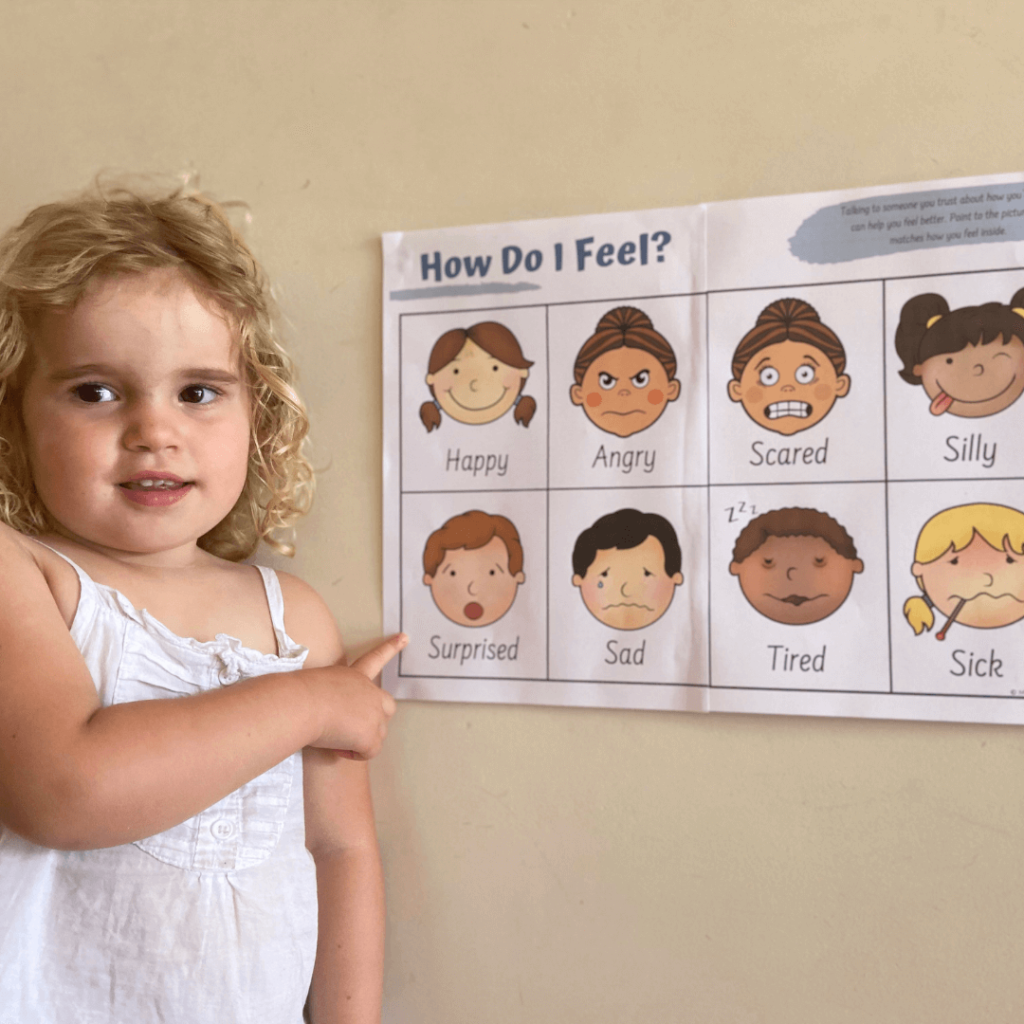
A lack of emotional intelligence can be confusing. We may not understand what we are feeling, so we decide to label it as an emotion we better understand. However, this can lead to increased irritability and aggression. If kids don’t have the time or space to learn emotional intelligence, it may lead to bullying behaviors or temper tantrums.
So how can we combat this problem? How do we go about developing emotional intelligence?
1. Acknowledge your incompetence and your emotions.
The first piece is crucial.We have to acknowledge our incompetencies in order to begin to improve on them. We must come to terms with the fact that this skill needs work, and make the conscious decision to work on it.
Then you have to be willing to acknowledge your emotions. If you can’t acknowledge your emotions, and acknowledge them as something valuable then you will never be able to approach them sensibly. You can incorporate this everyday by asking people how they are feeling and ask them with genuine interest. Additionally, if someone asks you, take the time to answer them honestly. Ignoring the emotion doesn’t make it go away.
2. Differentiate and analyze your emotions
This one may seem obvious. You have to know the difference between your emotions in order to develop emotional intelligence! It can actually be tricky. If we are experiencing an emotion that we don’t often have, we may substitute it for another emotion that we know how to handle. You have to be able to know what you are feeling in order to make yourself feel better.

3. Accept and appreciate all emotions
Emotional intelligence is hard. We have been taught that emotions are either good or bad, but that’s not true! We need to be able to appreciate all emotions in order to appreciate what they do for us. Every emotion is valid and we can’t push away the ones we believe are bad because that doesn’t really make us feel better; does it?
4. Reflecting on your emotions and their origin
Simply knowing why you are feeling the way you are feeling can be the first step in recovering from that emotion. Emotional intelligence involves being able to handle your emotions and recover from them. If you can identify the cause of the emotion, it makes it easier to recover from it. An uncomfortable emotion does not have to take over your whole day.
5. Handling your emotions
Emotional intelligence requires skill. We have to practice in order for it to come naturally. Part of that includes being able to handle your emotions. Emotions shouldn’t be overwhelming. Knowing how to calm yourself or make yourself feel better is important every day! It becomes second nature once you have practiced this skill.
6. Handling the emotions of others
This comes somewhat naturally after developing step 5. If you know how to calm yourself down and get yourself through an uncomfortable feeling then you most likely have developed the ability to help others do the same! This part is important as a parent to help children manage their big feelings early on

Why is it important for children?
If we can learn to be emotionally intelligent then we can teach it to our children to help them develop a strong sense of self esteem and the ability to communicate their feelings helping to diminish temper tantrums and other big feelings and can help them become more confident in themselves later in life because they already know how to handle their emotions.




